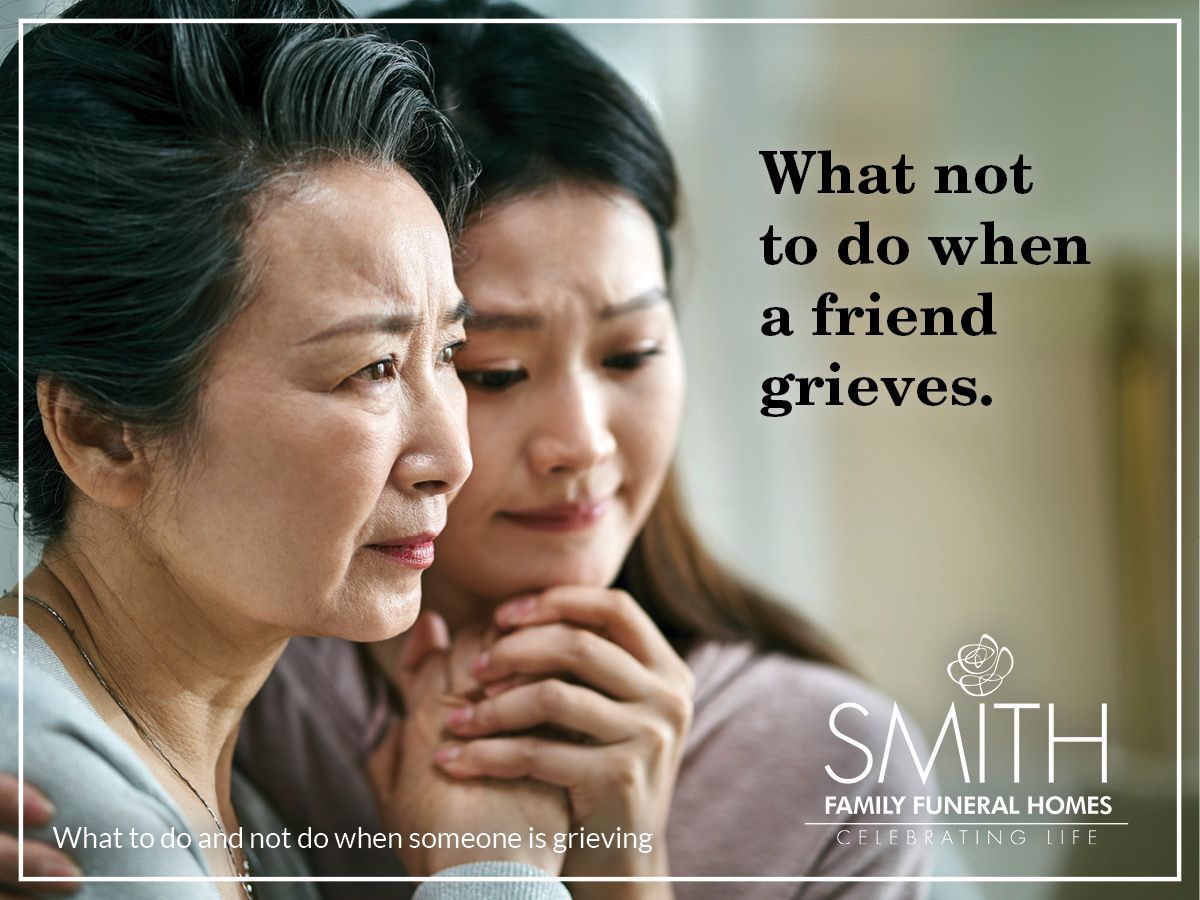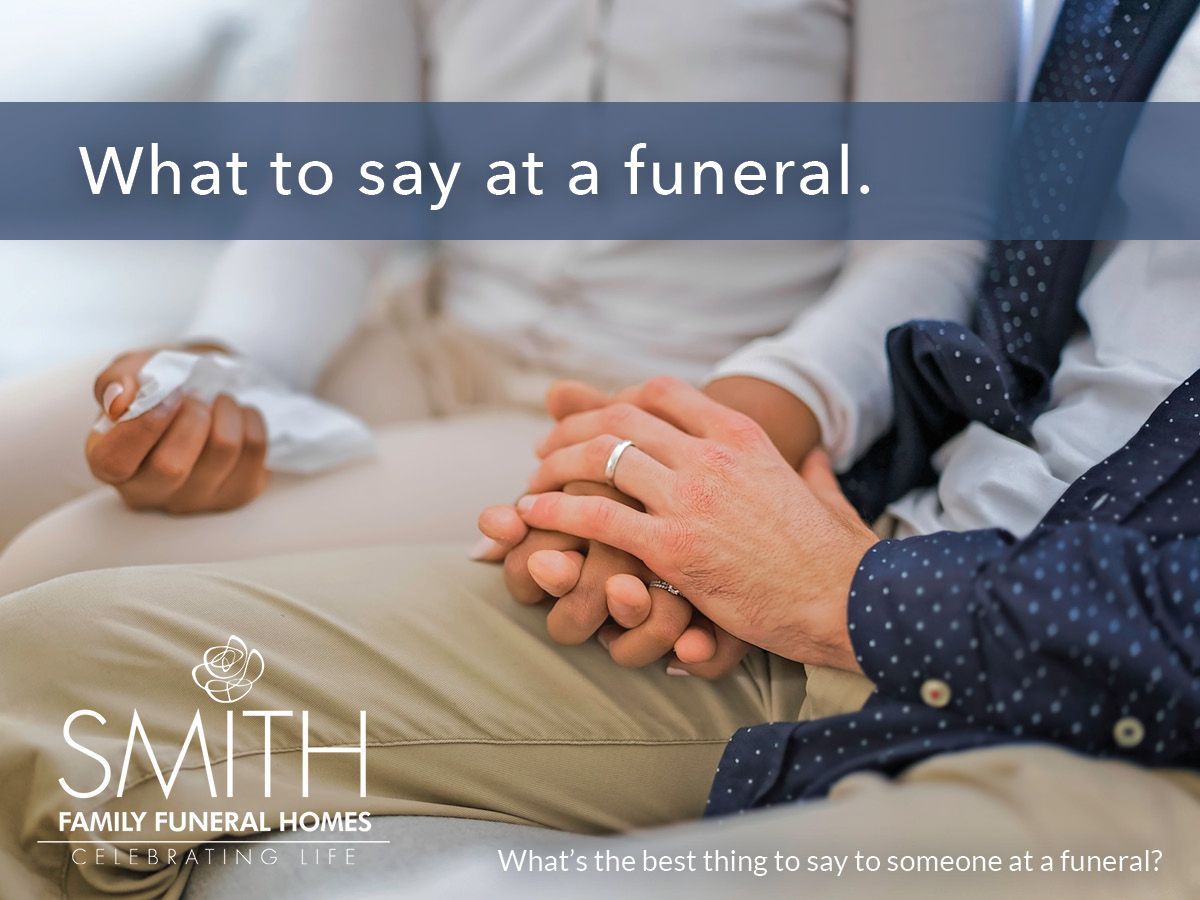
Preparing for a Funeral: Clothing and Accessories
When you plan a funeral, what kinds of clothes and accessories should you give to your funeral director to dress your loved one? Although you might have a picture of what someone is supposed to look like at their funeral, any person’s funeral is specific to them. As such, there’s no specific rule that states what kind of clothes someone has to be in at their own funeral. But there are a few guidelines to consider.
What kinds of clothes should you dress your loved one in?
Historically, a traditional funeral was considered a semi-formal affair, and as such, many people opted to dress their loved ones in semi-formal attire. This often means dresses and suits. However, this practice has greatly changed over the years. More people have moved away from semi-formal attire to more casual clothing. Many families take clothing out of their loved one’s closets for the funeral and burial. By picking clothing this way, you’re able to dress your loved one in a way that makes them look more like themselves. Picking out a beloved dress that your mother used to wear or a suit that your father wore to every event allows funeral-goers to see the decedent look just like how they remember them.
That said, because it’s a comfort to see a loved one dressed like how they would dress at their funeral, if you just can’t imagine them wearing a suit or dress, there’s no rule that says they can’t wear something different. If your loved one simply never took off their favorite pairs of jeans, it’s okay to dress them more informally so they look like themselves.
Certain circumstances may require particular outfits. Although not all veterans are buried in uniform, if your loved one still has their uniform, you may want to consider dressing them in it. Especially if they were still active in their community, such as by being members of the American Legion or the Veterans of Foreign Wars, a uniform can be a fitting way to honor their years of service and dedication.
Are there any rules about how to dress a loved one?
If your loved one practiced a specific religion, you should be sure that they’re buried in clothing that’s traditional for their faith. For instance, Muslims are typically wrapped in a simple, plain cloth known as a kafan. Similarly, those who practice Judaism are covered by a burial shroud called a tachrichim. Especially if you do not follow the same religion as the loved one you’re planning a funeral for, you should talk to a religious leader who can help explain the traditional funeral customs. It can also be helpful to talk to your loved one before they pass to ask them what religious traditions they would like to uphold in their funeral.
Although you may imagine that a funeral must look a certain way, there really aren’t set rules for funeral attire. It’s all about planning a funeral that honors your loved one’s memory. If your loved one had a vibrant personality and you want the ceremony to be as bright as they were, dress your loved one in the kind of colorful attire that they would have loved. You can even encourage your guests to dress in their brightest outfits. Black clothing is a popular choice for mourning, but there’s no rule that says funeral-goers must wear black.
However, there are rules for green burials. In green burials, the idea is to create the lowest carbon footprint possible. To accomplish that, the casket should be biodegradable, and so should the clothing your loved one is buried in. That means any garments should be made from untreated, natural fibers, like cotton or wool. However, that doesn’t mean that any wool suit would work. Synthetic features, like metal zippers or plastic buttons, also make clothing unfit for a green burial. If you can’t find any clothes that will work, you can opt for an organic burial shroud instead.
What kinds of accessories should you bury a loved one with?
What kinds of accessories you bury with your loved one is up to you, as long as they are small enough to fit in the casket without adding too much weight. Jewelry is a common topic of debate when it comes to burials. You can bury your loved one with their most precious jewelry, like a wedding ring, but you may decide to hold on to it for sentimental reasons.
That piece of jewelry can still be present for the funeral, however. When you provide your funeral director with the clothing you wish for your loved one to be dressed in for their funeral, be sure to give them the jewelry you would like for them to wear as well. But if you want that jewelry back, make it clear to the funeral director that you do not want them to be buried with those accessories. It’s crucial that you communicate this clearly with the funeral director, or else they will assume that you were providing the jewelry to be part of the burial outfit.
Ultimately, although dresses and suits have been the expected attire for a decedent at a funeral, these ceremonies are meant to celebrate a life lived. And if that life was simply never lived in a suit, there’s nothing wrong with choosing clothing that suits who your loved one really was. When it comes to accessories, you may also want to bury your loved one with jewelry that was important to them in life, but you may decide to keep these items, perhaps because they’re family heirlooms. Just be sure to make it clear to your funeral director that, although these items are to be present at the funeral, they should not be buried with your loved one.
Smith Family Funeral Homes provides quality funeral, memorial and cremation services to the families of Central Arkansas. Their six locations can be found in Little Rock, North Little Rock, Westbrook, Sherwood, Benton and Arkadelphia. With a privately-owned crematory operated by licensed professionals, Smith Family Funeral Homes can guarantee their high standard of care throughout the cremation process. To learn more, visit smithfamilycares.com.












